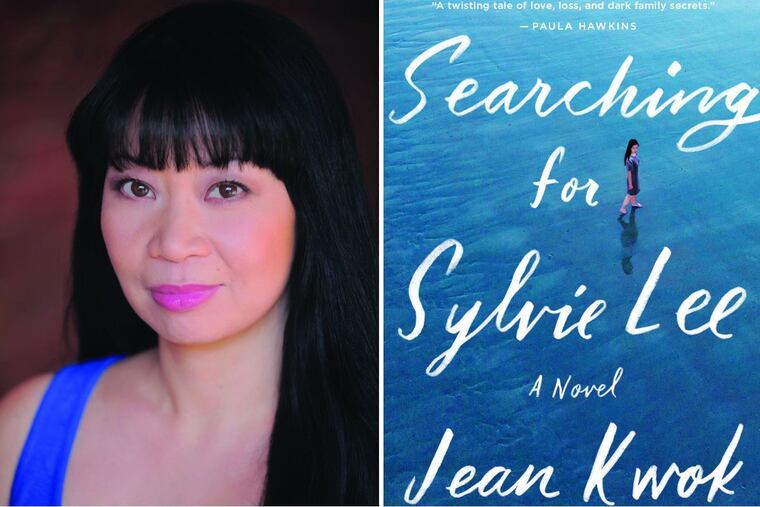Check your neighborhood bookstore for these 6 paperbacks
Romance, drama, mystery, memoir: These recommendations cover them all.

Here are six fresh paperbacks to suit a multitude of tastes. And remember: Your local independent bookstore very much needs your business this year. If you don’t want to shop in person, check your favorite bookstore’s website or call; they’ll have plenty of options to get books to you.
Royal Holiday by Jasmine Guillory (Penguin, $16). Looking for something lighthearted, romantic, and holiday-ish? I’ve read several of Guillory’s romance novels (she’s written five, beginning with The Wedding Date) and all provide the charms of a great rom-com; reading them feels like spending time with friends. Royal Holiday involves an Oakland social worker who goes on vacation to London with her daughter for the Christmas holidays and finds herself in a romance with the queen’s private secretary. I feel warmer already.
Searching for Sylvie Lee by Jean Kwok (HarperCollins, $16.99). A New York Times best seller, this novel has at its center three women in a Chinese American immigrant family: a mother and two daughters, one of whom mysteriously vanishes during a visit overseas. A Washington Post reviewer noted that the book is “a moving tale that, while billed as a mystery, transcends the genre. … This is a beautifully written story in which the author evokes the hard reality of being an immigrant and a woman in today’s world.”
The Topeka School by Ben Lerner (Picador, $17). Lerner’s third novel was a Pulitzer Prize finalist and one of the New York Times’s 10 Best Books of 2019; set mostly in 1990s Topeka, Kansas, it’s the story of a teenage debate champion and his psychologist parents. A New York Times reviewer noted that the book “spread(s) its readers beyond their borders with its fertile intelligence and its even more abundant heart,” ultimately describing it as “exhilarating” and “a high-water mark in recent American fiction.”
In the Dream House by Carmen Maria Machado (Graywolf Press, $16). One of the most haunting books I read in 2020 was this unique nonfiction work, in which Machado looks back on a psychologically abusive relationship with an unnamed lover (always just called “she”). The book isn’t a straightforward memoir, but a collage of dozens of essaylike chapters (some as short as a single sentence), each examining the relationship through a different lens. You leave In the Dream House dazzled by the author’s artful inventiveness and pondering her hard-won wisdom. A truly remarkable book.
The Electric Hotel by Dominic Smith (Picador, $18). If you’re fascinated by movies and their history, you’ll happily dive into this wondrous novel about the silvery, everyday magic of filmmaking. I devoured this book when it came out last year, enchanted by its blend of fact (the Lumière brothers, Thomas Edison) and fiction (a silent-film maverick making a movie at a strangely Gothic, remote hotel). Smith, a native of Australia who now lives in Seattle, writes with real elegance; I remember how reading The Electric Hotel felt like being engrossed in a movie, not wanting the lights to come up.
Keep It Moving: Lessons for the Rest of Your Life by Twyla Tharp (Simon & Schuster, $18). One of the greatest dance makers of the modern era is still moving, choreographing, and creating in her late 70s — and she’s written a book to help the rest of us learn to use what we’ve got. A follow-up to her earlier best seller The Creative Habit, Keep It Moving offers specific exercises, meditations, and advice on keeping vitality and purpose as we age. “I really tried to write it for the person who is completely not familiar with their body,” Tharp said, in a New York Times interview last year, “and I tried very hard to open up the community of dance, which can seem to the public as elitist — it actually is not.”
From the Seattle Times.